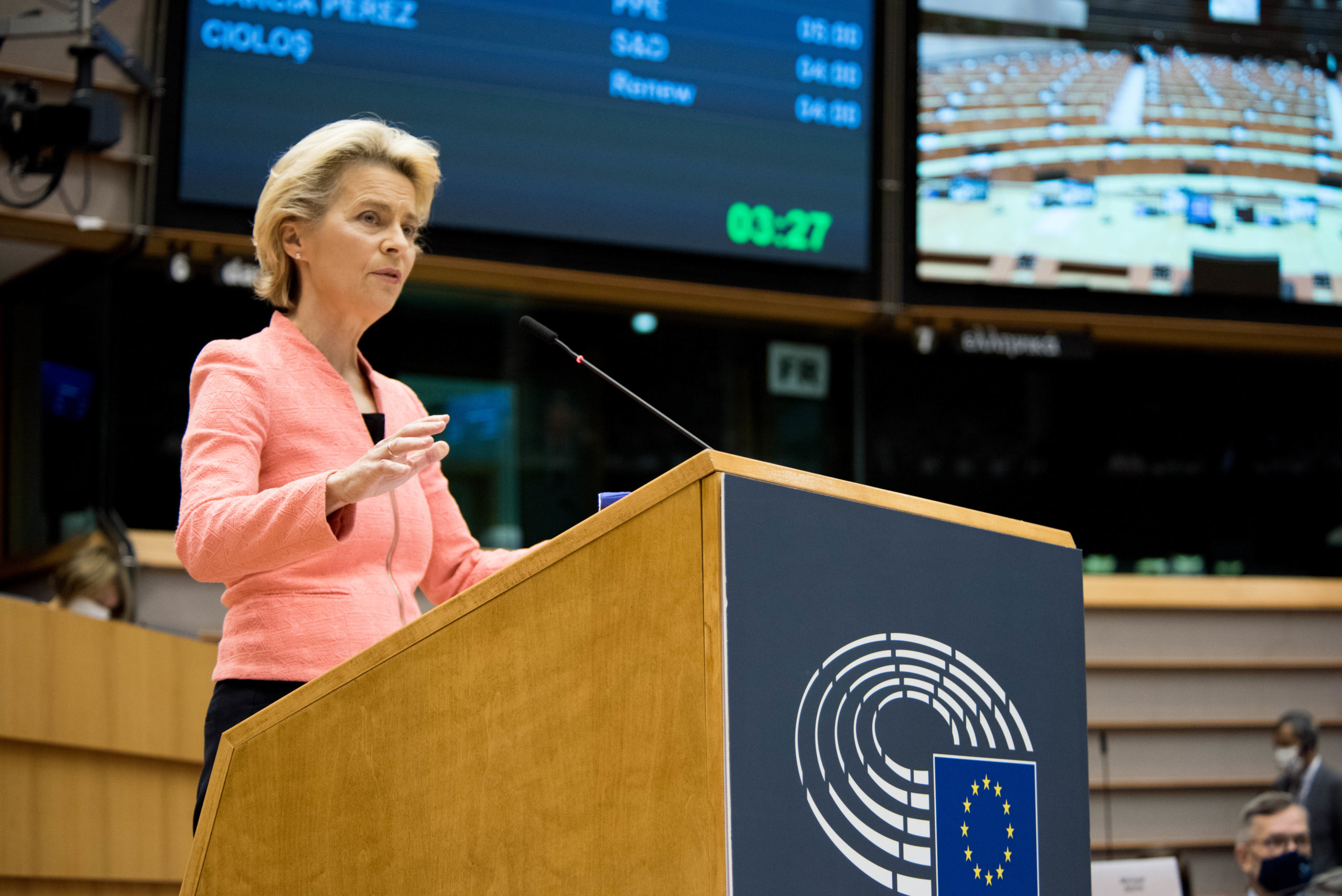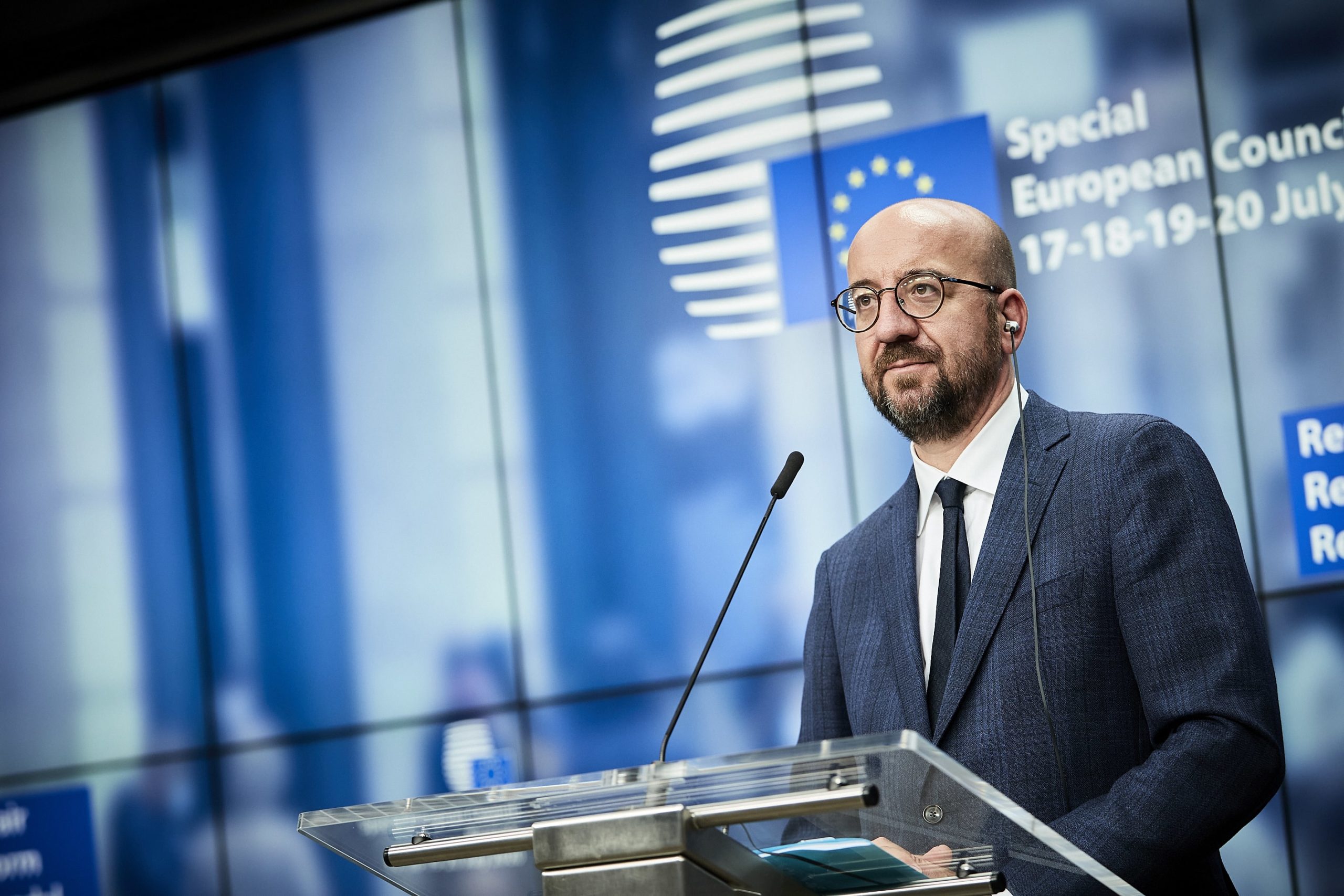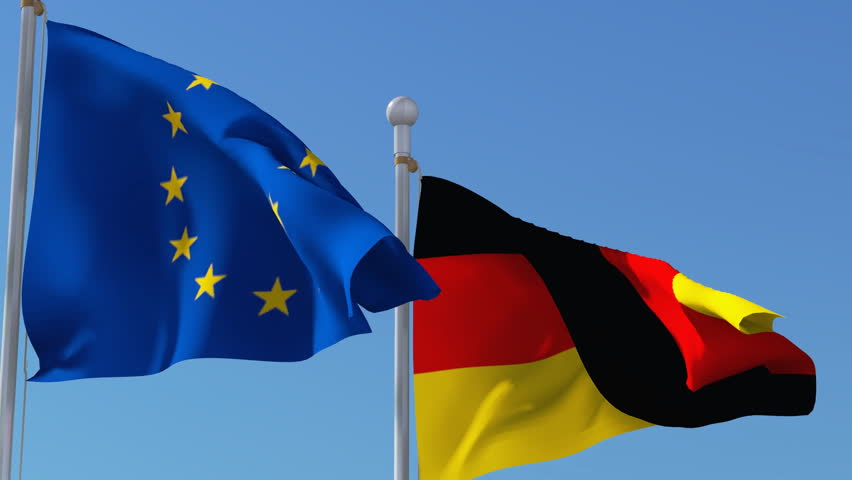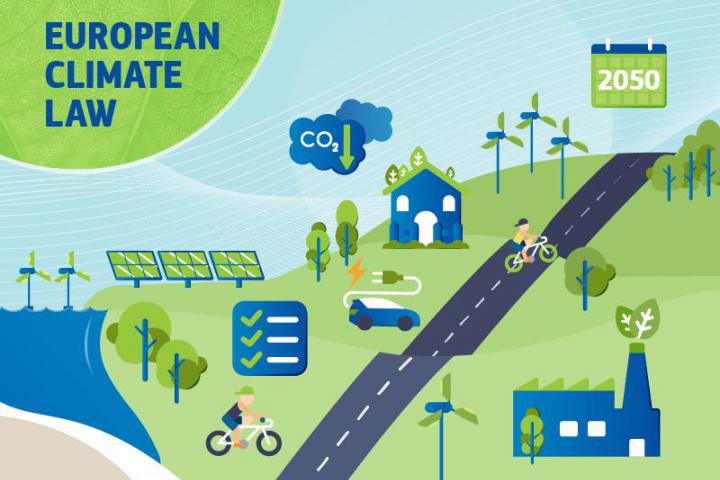Higher EU emissions cut for 2030 is right signal for a green recovery

On Wednesday 16 September, during her State of the Union speech, EU Commission President Ursula von der Leyen announced the plan to propose an increased GHG emissions reduction target of at least 55% by 2030 against 1990 levels.
The European Alliance to Save Energy (EU-ASE) welcomes this decision, which comes at a crucial time for implementing the Paris Agreement and contributes to keeping the EU on the path to become climate neutral by 2050.
Monica Frassoni, President of the European Alliance to Save Energy, said:
“We very much welcome the proposal for an updated GHG emissions reduction target of at least 55% by 2030. This is the right signal in favour of a green recovery. We now expect that this move is quickly followed by the decision to adapt and make binding the targets for energy efficiency and review the EED. Energy efficiency needs to be more clearly recognized as a catalyst for the decarbonisation of our energy system.”
Harry Verhaar, Chair of the Board of the European Alliance to Save Energy, said:
“The Commission’s proposal to increase the climate target to 55% for 2030 is excellent news. Such a move is crucial in helping deliver the economic transformation required for building a prosperous, resilient and climate neutral economy and ensure that we are on track to reach Europe’s goal to become carbon-neutral by 2050 at the latest. From a business perspective this decision means: long term certainty to plan investments in growing markets, and an unprecedented boost to green, digital and high-skilled jobs relevant for Europe’s citizens and future.”
About EU-ASE
The European Alliance to Save Energy (EU-ASE) was established in December 2010 by some of Europe’s leading multinational companies. The Alliance creates a platform from which companies can ensure that the voice of energy efficiency is heard from across the business and political community. EU-ASE members have operations across the 27 Member States of the European Union, employ over 340.000 people in Europe and have an aggregated annual turnover of €115 billion.
Media contact:
Matteo Guidi
+32 493 37 21 42
matteo.guidi@euase.eu
In a fast-changing political and economic environment, 2025 was a year of continued efforts to strengthen security, stability, and competitiveness for European businesses.
Throughout the year, our work demonstrated that energy efficiency is not only essential to achieving climate goals, but also a key driver of innovation, energy independence and sustainable long-term growth across Europe.
Strong engagement with policymakers, combined with the successful organisation of the 4th European Energy Efficiency Day, highlighted the importance of collaboration and dialogue in advancing shared objectives. Partnerships across sectors and institutions remained central to delivering impact and shaping effective energy policies.
Looking ahead to 2026, we will intensify our efforts to secure the regulatory certainty that can accelerate the energy transition, while providing businesses with the investment confidence they need and strengthening Europe’s competitiveness.
Read the full Activity Report here.





